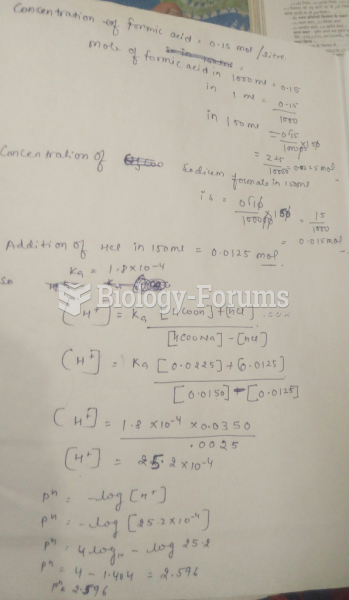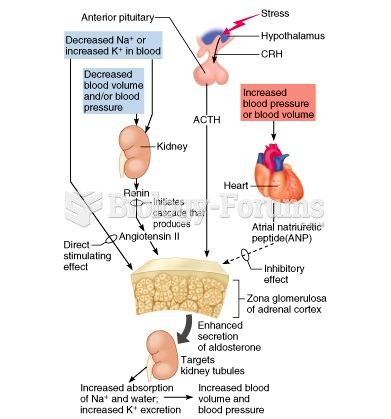Definition for Sodium
From Biology Forums Dictionary
1) A soft, silver-white, chemically active metallic element that occurs naturally only in combination: a necessary element in the body for the maintenance of normal fluid balance and other physiological functions. Symbolized: Na.
2) Sodium plays a vital role in maintaining the concentration and volume of the extracellular fluid (ECF). It is the main cation of the ECF and a major determinant of ECF osmolality. Sodium is important in maintaining irritability and conduction of nerve and muscle tissue and assists with the regulation of acid-base balance. The average daily intake far exceeds the normal daily requirements. The kidneys are responsible for excreting the excess and are capable of conserving sodium during periods of extreme sodium restriction. The kidneys accomplish this primarily through regulation of water intake/excretion. If the serum sodium falls, the kidneys respond by excreting water. If the serum sodium increases (increased osmolality)---thirst center is stimulated--increased ADH release by the posterior pituitary---acts on kidney to conserve water. Aldosterone also plays a key role by regulating Na+/ECF volume. Its release causes the kidneys to conserve water and sodium which results in increased ECF volume. Because changes in serum sodium levels typically reflect changes in body water balance, gains or losses of total body sodium are not necessarily reflected by the serum sodium level.



